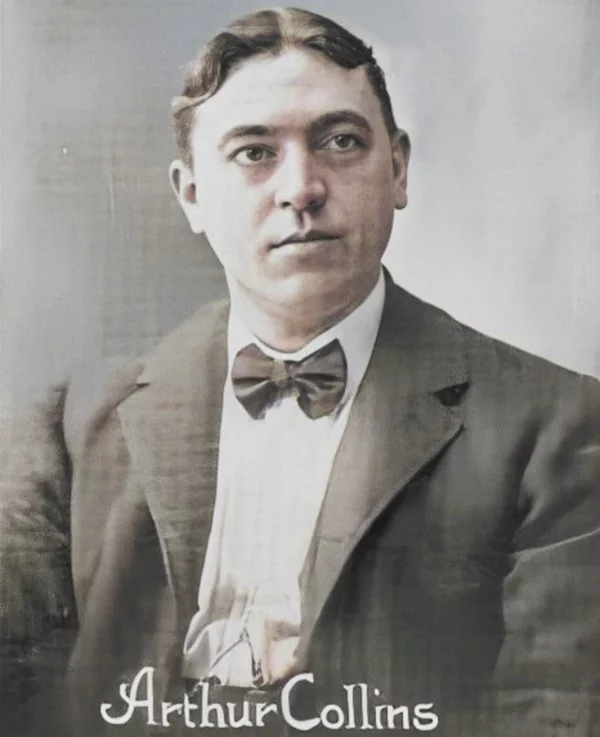Introduction
"Aba Daba Honeymoon" by Arthur Collins is a delightful example of early 1900s music, capturing the whimsical spirit of the ragtime era. Released in the 1910s, this track became popular during a time when vaudeville and acoustic recordings were the mainstays of entertainment. Its catchy melody and playful lyrics have ensured its place in the annals of early American music history.
Cultural Context
During the early 20th century, music was often enjoyed in salons and theaters, with live performances being a primary source of entertainment. "Aba Daba Honeymoon" fits perfectly into this cultural context, embodying the lively and humorous style typical of vaudeville ballads. The song's success can be attributed to its engaging performance style and the novelty of its recording, which was initially available on cylinder and disc formats.
Production & Sound
The track showcases the characteristic sound of the era with its simple yet effective arrangement. The use of piano and banjo provides a rhythmic foundation that complements Collins' spirited vocal delivery. This combination of instruments highlights the ragtime influence, making it a quintessential piece of pre-radio popular music.
Notable Covers
One of the most famous covers of "Aba Daba Honeymoon" was performed by Debbie Reynolds and Carleton Carpenter in the 1950 film "Two Weeks with Love." This version brought the song back into the limelight, introducing it to a new generation and solidifying its status as a timeless classic.
Modern Legacy
"Aba Daba Honeymoon" remains relevant today due to its infectious melody and charming lyrics. It serves as a fascinating glimpse into the musical trends of the early 20th century and continues to be appreciated by enthusiasts of vintage music. Its enduring appeal lies in its ability to evoke the playful and carefree spirit of its time, making it a beloved piece of musical history.





Comments (0)